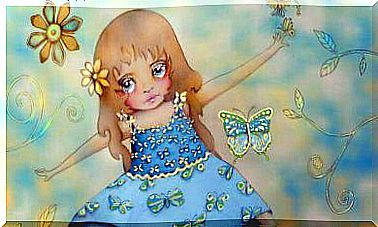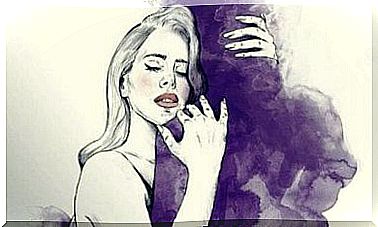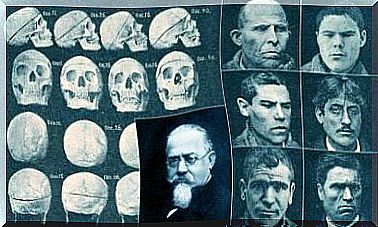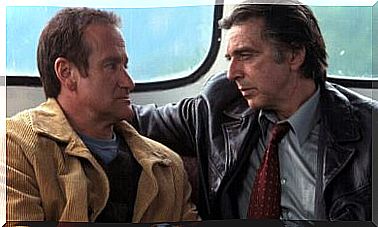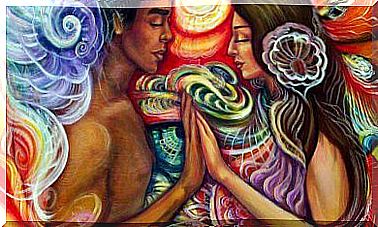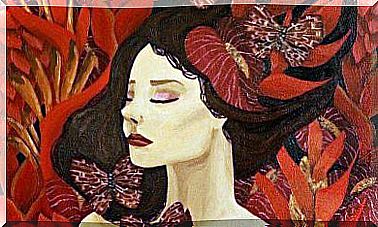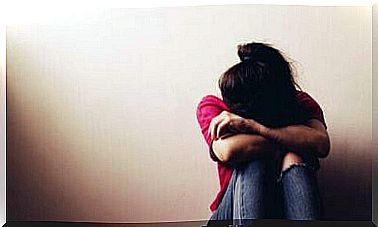The 8 Meanings Of Crossing Arms
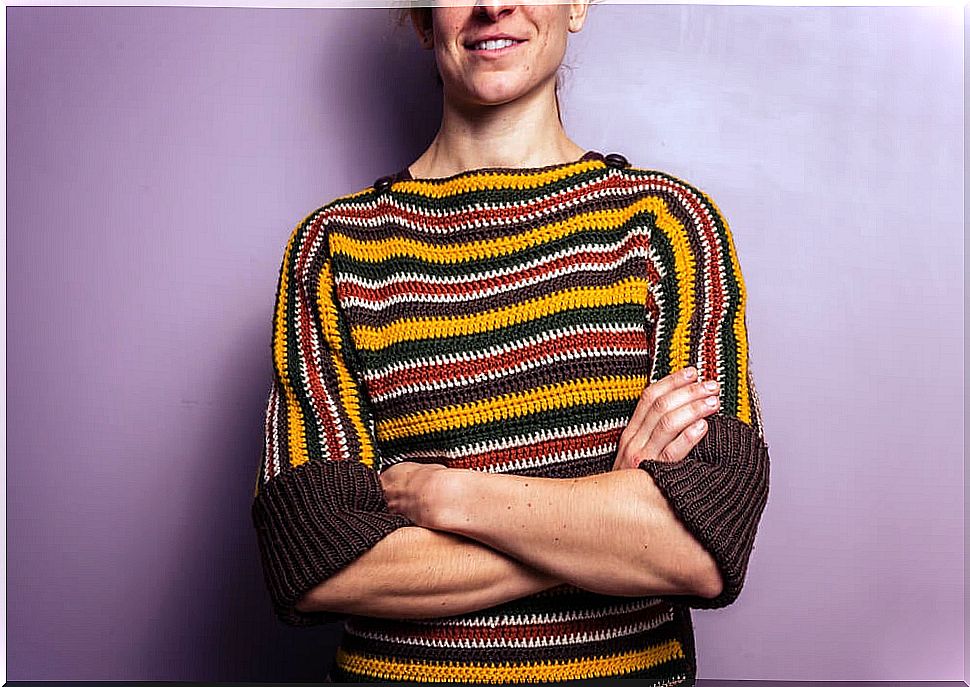
“Don’t fold your arms because you’re closing yourself off or blocking other people.” Does this expression sound familiar? If your answer was yes, I invite you to continue reading this article to discover that this is just one of the many meanings of crossing your arms.
What are their true meanings?
1. Embrace yourself. We fold our arms far more often in public than alone. Do you know why? The simplest meaning of this gesture in situations where you are exposing yourself in front of more people is to hug yourself, as it gives you comfort at any time.
With this, your intention is not to alienate anyone, as you are only looking for a little comfort. I encourage you to take the test when you see a person in this position: ask them if they feel comfortable.
How can we identify this type of gesture? The self-hug is one of the automatic exits that we usually have in our body posture to feel comfortable.
2. Reduce stress. When we’re feeling stressed, crossing our arms is a great way for your hands to give you a soothing, soothing smack in a very subtle way.
Feeling these pats calms and soothes us. It’s similar to what it feels like when we rub our hands together. In this case it is not about blocks or comfort, but about anxiety.
How can you identify him? We can see this quickly: it is a movement of a few seconds that carries a great emotional charge. The body receives the message of reassurance from the other person who is doing it.
3. Warm up. Many times we may be thinking that the person with their arms crossed in front of us does not agree with what we think, or what we say, etc… but sometimes, the simplest explanation is the correct one: he is simply cold .
How can you identify him? When we cross our arms in the cold, we tend to tense our shoulders and upper back. The person not only crosses their arms, they also shrug their shoulders and keep them tense as a way to generate and maintain heat.
4. Hide insecurity. Women who feel insecure and need to protect themselves fold their arms so they don’t feel too exposed. In turn, people who feel uncomfortable or threatened by others will make this gesture as a sign of defense.
This type of hug is evidenced by the shoulders, which do not rise and go forward, and by the body that bends a little.
5. Extreme fear. Crossing your arms can mean that the person is feeling tremendous fear, a great worry that instantly causes them to cross their arms over their chest to protect their internal organs, which means vital protection.
This type of hug is accompanied by manipulative gestures: touching the face and neck, pressing the lips together and having micro expressions of fear.
6. Self-Control. We often fold our arms when we feel angry or upset, as a form of restraint.
A clear example of this case is when we ask children to do something they don’t want to do. With this gesture, we also allow ourselves to communicate annoyance without having to say a word. For adults, they do this when they feel frustrated and want to control themselves, not because they want to distance people or impose a barrier.
7. Convey power. Do you know how to convey power with nonverbal language? Using a pose where you put your elbows out and where you cross your arms is a strong show of personality.
Crossing your arms makes your rib cage look bigger and sturdier. You can identify it when it is on the chest rather than the solar plexus.
8. Isolation. This is the most common meaning and the one we most associate with this gesture. However, crossing your arms to express this emotional need also serves to momentarily withdraw into an introspective state. This creates both a physical and a psychological barrier between the person making the gesture and the others.
Nonverbal language is a still pending issue in our society today. Many people are unaware of many of the meanings our gestures have, and they are often misinterpreted. As we have seen, a person who folds their arms may want to seek isolation, but they may also simply be feeling cold.
Nor can we forget that every human being is unique and different. Of course, for you this gesture may mean something important, but for someone else it may just be a search for comfort. Therefore, the fact that you use it to isolate yourself does not mean that it will have an effect in 100% of the cases.
In this way, I encourage you to learn a little more about this vast and unknown world of gestures, in order to improve the quality of your relationships with people.
